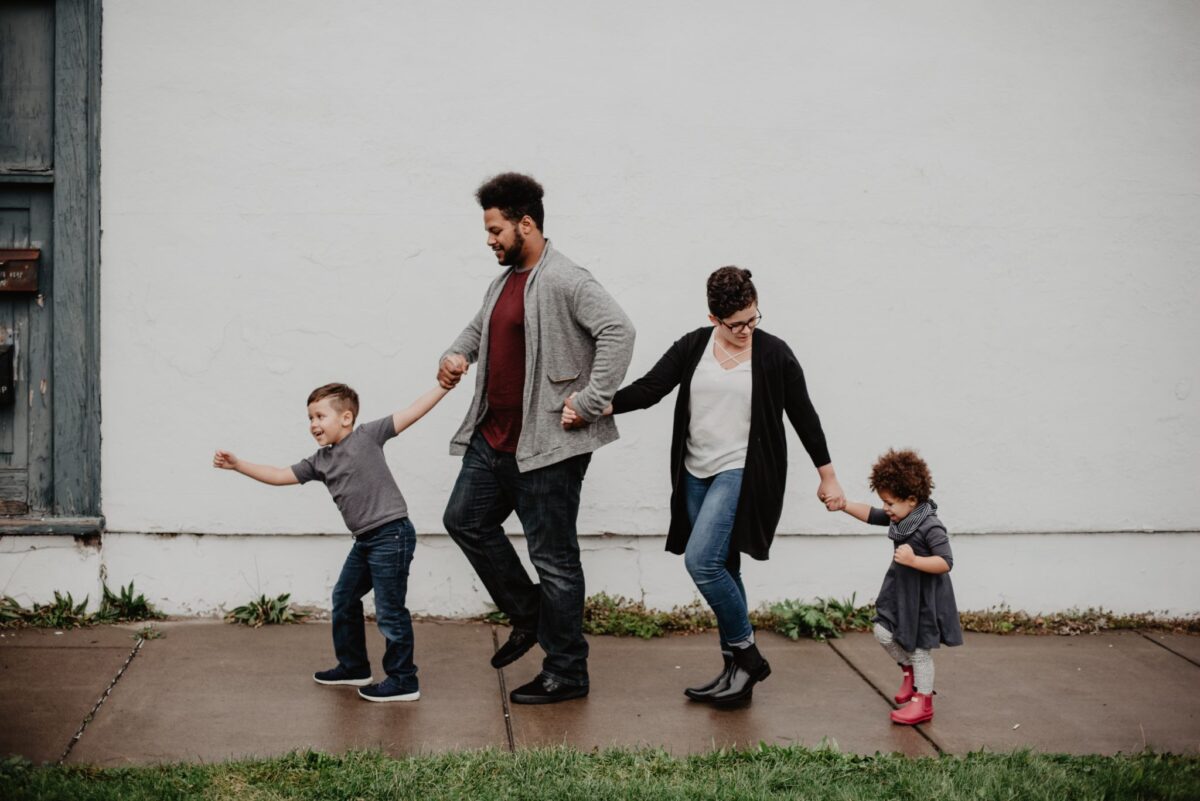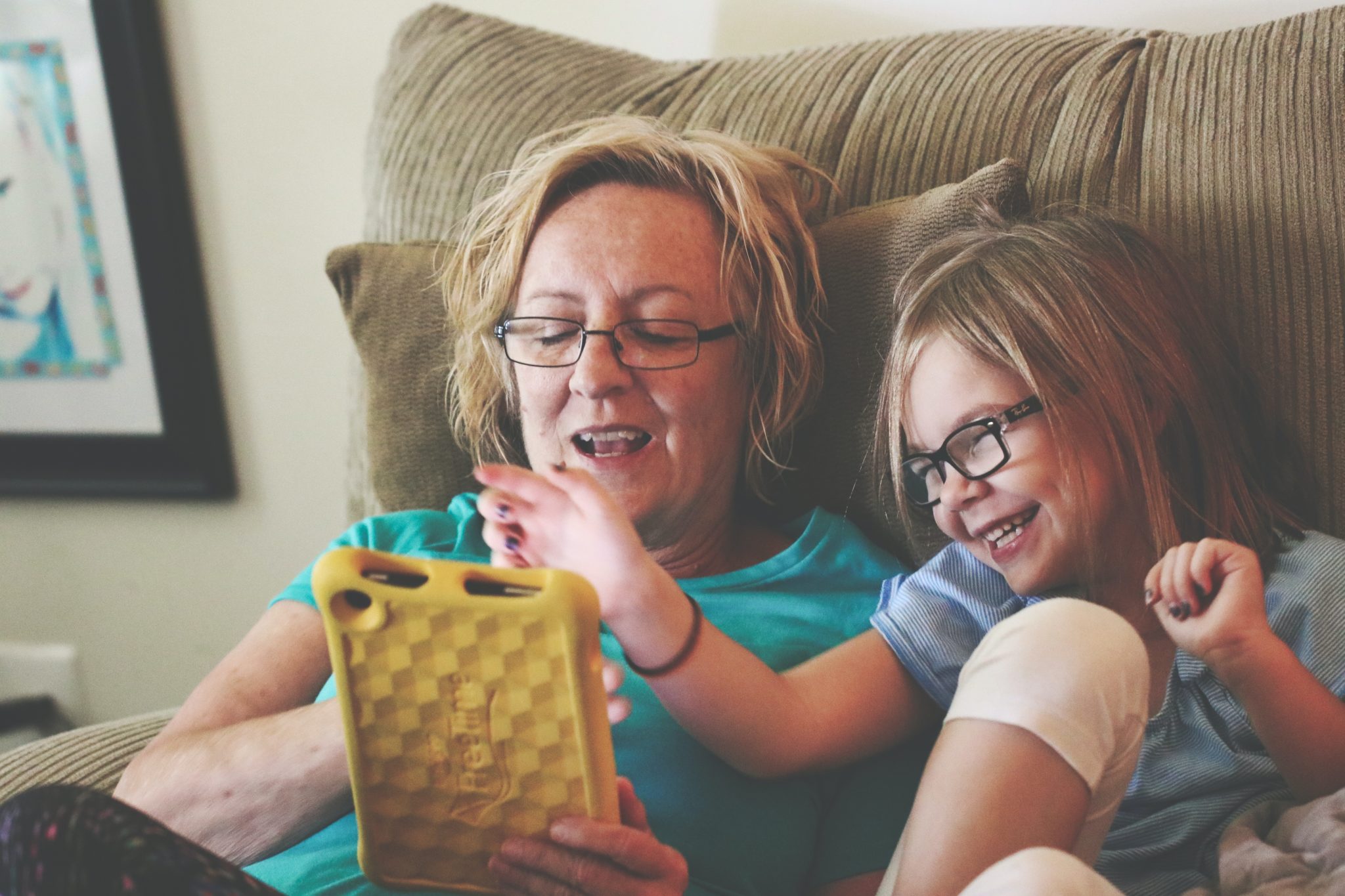
Using CogniFit for Families to Start a Conversation About Mental Wellbeing with Your Family
Talking about mental wellbeing can be difficult at times. If the subject is brought up in the wrong way it can make some people feel awkward, vulnerable, or like they are being judged.
But even though it can be awkward, it is still important to have frank, open, and honest conversations about mental wellbeing issues, especially with the people who are closest to you: your family.
Opening up and discussing topics relating to mental wellbeing with your kids and family members before a serious issue arises can help make everyone feel more comfortable speaking up when something does happen.
The CogniFit for Families platform can be a powerful tool to help you start a conversation about this serious and highly personal topic with kids and other family members.
Starting to Talk About Mental Wellbeing with Your Family

The CogniFit for Families platform is designed specifically for families to test, train, and track the evolution of the cognitive abilities we use every day. The same cognitive abilities can affect all aspects of cognitive health and mental wellbeing.
Within the platform, the family member in charge of the Family account can view a list of every family member connected to the Family account, along with details regarding their cognitive skills and training progress.
By making cognitive health and improving the state of mental capacities a normal part of your family’s daily conversations, it can be easier to bring up topics related to general mental wellbeing, including serious mental wellbeing topics.
What can start as a simple “today was easier to stay focused because of cognitive training” can quickly lead to more in-depth and personal topics such as “I felt calmer today because it is easier to focus on my schoolwork.”
Of course, as with any mental wellbeing issues, it is important to understand that CogniFit brain training, or any other cognitive tool, can serve as a part of a holistic approach to your family’s mental wellbeing, but it should not replace the expertise of a trained mental health professional.
If you or someone in your family is suffering from mental wellbeing issues, please seek help immediately.














